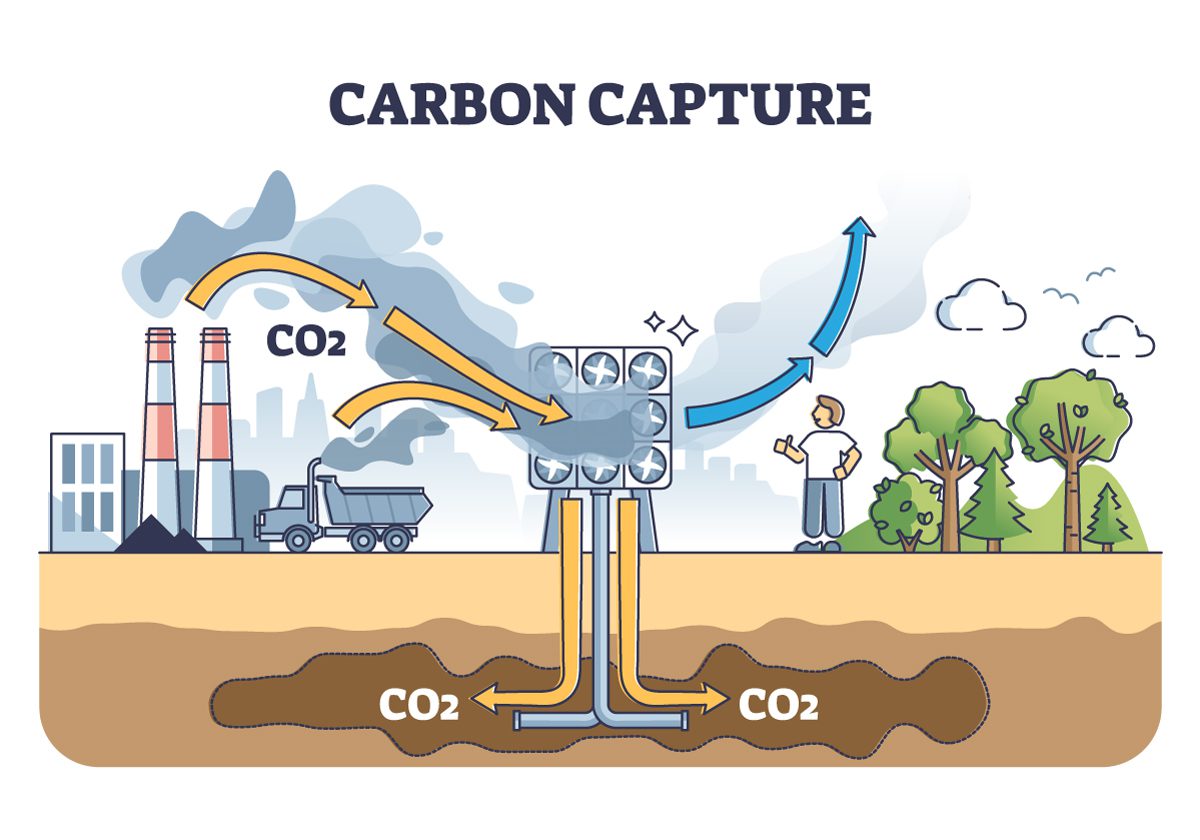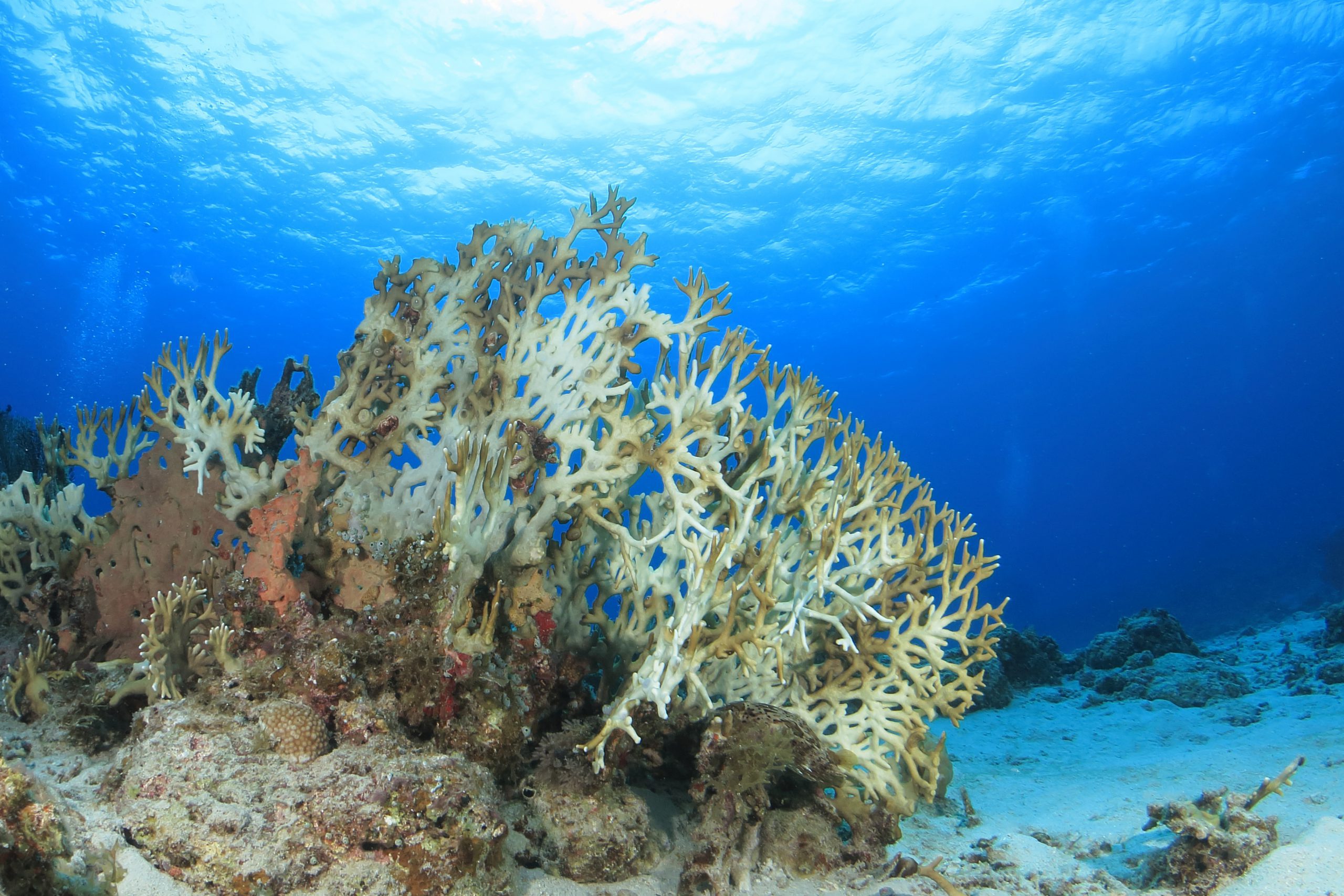Ocean Acidification Threatens the Future of Marine Ecosystems
Almost seventy percent of our planet is water, and yes, water is life. Humanity, nor any other known species could survive without water. Therefore, the logical thing would be to care for the water as a priceless treasure, but the reality is very different.
Human activity and excessive levels of CO2 have wreaked havoc on our planet’s oceans. This phenomenon, known as ocean acidification, causes the oceans to become more acidic due to the continuous absorption of CO2 from the environment.
Seawater combines with CO2 absorbed from the atmosphere, creating chemicals that increase acidity and reduce the presence of essential minerals for marine life, such as calcium carbonate, a vital mineral that marine organisms need to survive.
The ocean’s acidity levels have remained stable for millions of years, but for the past 150 years, these levels have been increasing at an alarming rate. If these figures continue, by the year 2100, ocean acidification will have increased by 150%, killing most marine organisms and condemning marine ecosystems to extinction.
Even worse, the acidification of the oceans brings unimaginable consequences for human beings; if the predictions of the scientific community come true, we would be facing extinction. The ocean provides us with almost 50% of our food resources. Acidification of more than 150% would kill most marine species, leaving human beings plunged into a food crisis of apocalyptic proportions.
Our world is a perfect symbiosis; ecosystems interact to create the right conditions for life to flourish. If this symbiosis suffers an imbalance, such as ocean acidification can cause, life as we know it would cease to exist.
Fighting Ocean Acidification is Everyone’s Job
Although the cutting-edge technology of the 21st century has allowed us to study the effects of ocean acidification, the most effective solution for reversing it is not yet entirely clear. Our efforts, however, have not been in vain.
Thankfully, thousands of scientists worldwide have developed and implemented new strategies to respond to ocean acidification. Until recently, the most effective methods have been controlling fishing activities and the capture and sequestration of CO2.
Controlling fishing activities is essential to prevent further destruction of coral reefs, our main marine allies in the fight against ocean acidification. Coral reefs capture CO2 and convert it to O2, yet commercial fishing practices continue to destroy them, hindering efforts to safeguard the marine ecosystem.

CO2 capture and sequestration, however, are still in their very early stages, so its implementation will take some time before CO2 sequestration can be implemented worldwide.
The battle against climate change and ocean acidification requires commitment, dedication, and effort from everyone; however, we are still far from our goal. It is wonderful to see how more people, day after day, are coming together to be part of the solution.
If you’re interested in helping fight climate change, the WellPlanet Project is leading the way to make CO2 capture and sequestration a reality.
At WellPlanet Project, we are aware of how important it is to save the planet and combat climate change; we also know that it is hard work, but with your help and that of the billions of people who also want to save the world and protect the future we hope to make that dream come true.
Our goal is to make the planet a better place for everyone, protect the environment from climate change, and create awareness about how valuable the Earth is. It is our home and the only one we have, so it is everyone’s job to protect it.
Do you want to be part of the solution? WellPlanet Project needs you. Find out how you can become a business partner here. You can also sponsor the fight against climate change; find out more here!
Together we can make the world a better place. Join the cause and follow us on our social media to keep up to date with our work. Get in touch!

